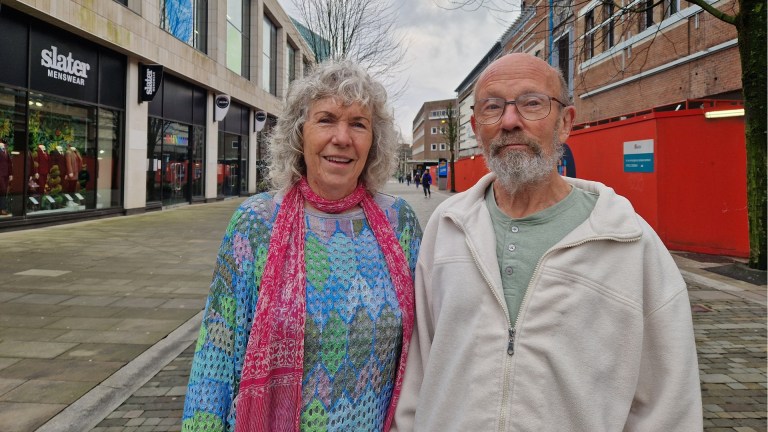The government has announced a revamp of their funding strategy for supported housing – a week after Theresa May’s dramatic U-turn on the Local Housing Allowance cap.
The Prime Minister decided to scrap the cap on LHA last week and this has been followed up with a vow to make flexible funding for supported housing tailored at a local level.
This government is committed to boosting the supply of new homes, and helping people to live independently and with dignity for as long as possible
The changes will see all long-term housing remain in the welfare system and a proposed ‘sheltered rent’ for extra care housing aims to keep rent and service charge costs down to protect older and vulnerable people.
Local authorities will take on a bigger role in planning for and providing short-term and emergency housing with the government pledging to ring-fence a grant to fund this by April 2020. It is hoped that this cash, underpinned by a National Statement of Expectation, will boost access to secure accommodation for vulnerable people.
Welcome certainty for long-term supported housing, but concerns for short-term support @TerrieAlafatCIH on new plans https://t.co/bo9BgYLgHR pic.twitter.com/nwLR8yVVSQ
— Chartered Institute of Housing (@CIHhousing) October 31, 2017
Currently supported accommodation is funded through the welfare system alongside housing costs and extra support services. It is essential to ensure that those who are most vulnerable in society remain housed and off the streets.










